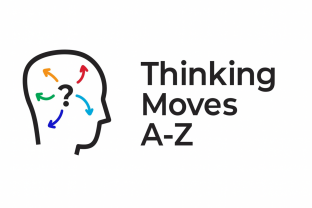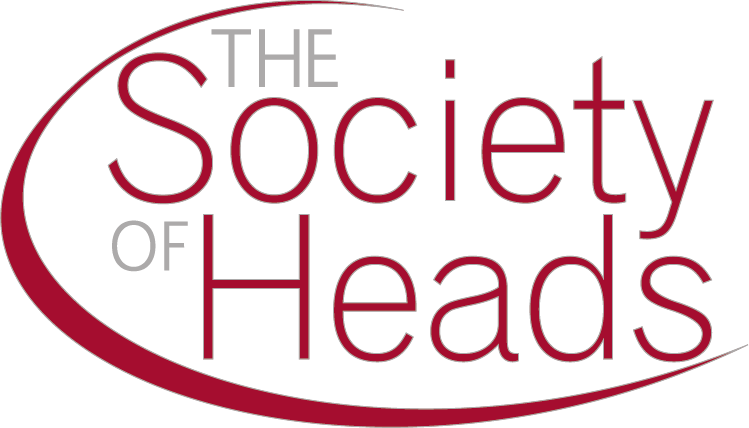Metacognition
What is metacognition?
Metacognition simply means thinking about thinking. It is the ability to reflect on how we learn, to plan strategies before starting a task, to check how things are going while working, and to evaluate what worked well afterwards. In other words, it helps children understand not just what they are learning, but how they are learning. This gives them the tools to become independent, confident, and effective learners.
Our partnership with Thinking Moves A–Z
At Saint Christina’s we are proud to work with Thinking Moves A–Z, a well-established framework that provides children with 26 practical thinking strategies. Each move has its own sign, and the children learn them through British Sign Language as well as spoken language. This dual approach makes the moves memorable, inclusive, and engaging for all children. Teachers then weave the moves into daily lessons so that children build a common vocabulary for thinking across the curriculum.
What this looks like in practice
In lessons, children are supported to:
- Plan what they already know, what they need to do, and which strategies might help
- Monitor how things are going, noticing if they are stuck or if another approach is needed
- Evaluate their work afterwards, reflecting on what was effective and what they might do differently next time
By following this cycle, children take greater ownership of their learning and become more resilient when faced with new challenges.
Why it matters
Research shows that metacognition has a powerful impact on progress. At Saint Christina’s we see it as a way of helping children to become confident, adaptable learners who can approach tasks with curiosity and perseverance. It also develops important life skills such as self-awareness, problem solving, and the ability to learn from mistakes.
How you can support at home
Parents can help by encouraging simple reflections after homework or projects. Questions such as "What helped you today?" or "What would you do differently next time?" guide children to think about their learning process. These short conversations reinforce the idea that learning is a journey and that reflecting on how we learn is just as important as the outcome.








